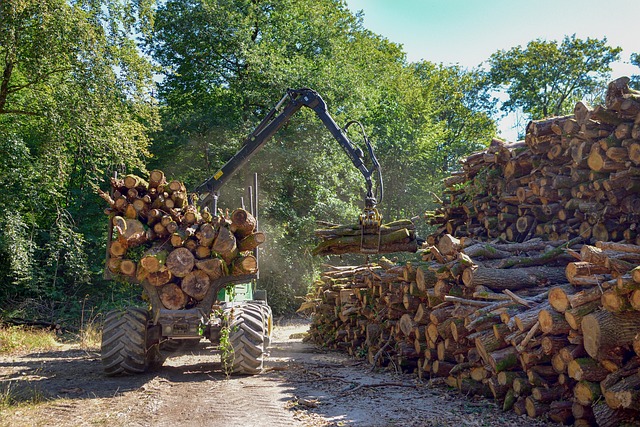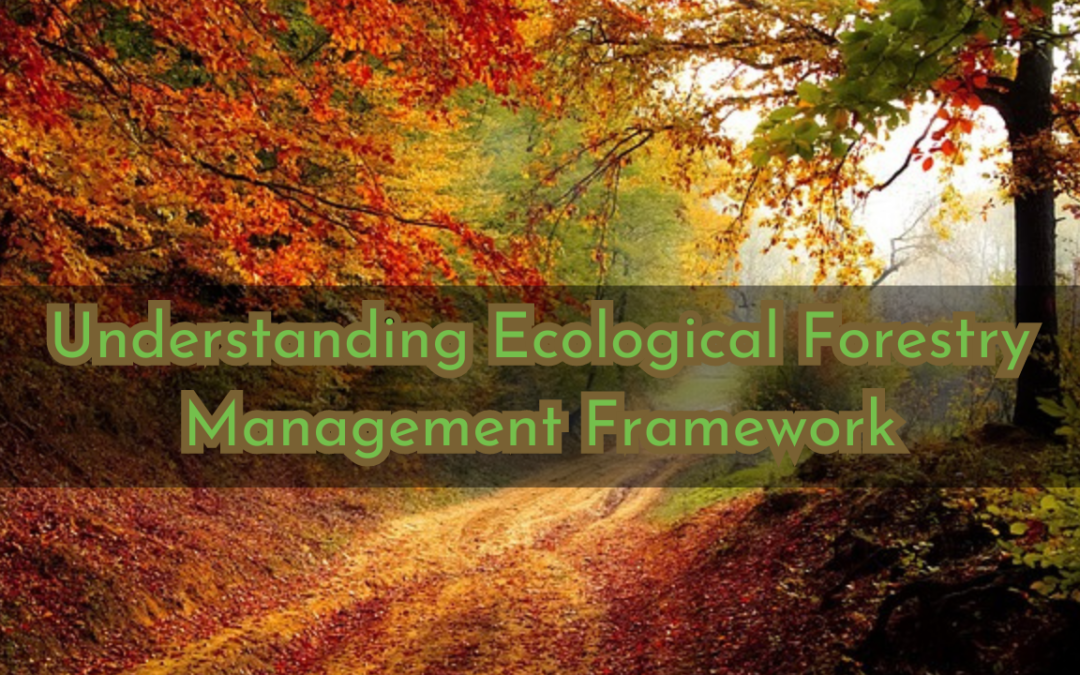Introduction:
The framework of ecological forestry management is rooted in fundamental principles that have evolved with changing societal expectations, scientific advancements, and the globalized economy. It aims to integrate knowledge of forest ecosystems with human concerns in a globally applicable management philosophy. Ecological forest management emphasizes maintaining ecosystem integrity while addressing cultural, economic, and environmental goals.
Understanding Ecological Forestry Management:
Ecological forestry management focuses on practices and policies that sustain forest ecosystems while meeting human needs. It contrasts with production forestry based on agronomic models, utilizing natural ecological models instead. Forestry management encompasses the science, art, and economics of managing forests, evolving from custodial protection to sustained timber production and multi-use approaches.
Principles of Forestry Management:
Key principles include ensuring sustainability and continuity of forest structure, functionality, and biodiversity during regeneration harvests. Creating and maintaining structural complexity and biological diversity, including spatial heterogeneity, is vital. Timing interventions appropriately, considering ecological contexts, and emulating natural disturbances and retention harvesting are also important.

Take Action for Ecological Forestry Management!
Spread awareness: Share the knowledge of ecological forestry management with others. Educate your community, policymakers, and stakeholders about the importance of sustainable forest management practices.
Support research and innovation: Invest in scientific research and technological advancements that enhance ecological forestry practices. Encourage the development of sustainable methods for maintaining forest integrity and biodiversity.
Advocate for policy change: Engage with policymakers to prioritize ecological forestry management. Urge the adoption of regulations that promote sustainable forest practices, including the protection of biodiversity and the restoration of degraded areas.
Embrace sustainable practices: If you own or manage forested land, implement ecological forestry management techniques. Prioritize sustainable timber production, maintain structural complexity, and foster biodiversity through responsible harvesting and restoration efforts.
Collaborate and participate: Join local forestry organizations, community initiatives, and conservation groups. Contribute your skills, knowledge, and resources to collaborative projects that promote ecological forestry management and restoration.
Support forest conservation efforts: Contribute to organizations working towards forest conservation, restoration, and protection. Donate to projects that aim to restore degraded forests and preserve critical habitats.
Educate and engage: Teach others about the value of forests and their role in mitigating climate change, supporting biodiversity, and providing ecosystem services. Engage in discussions and public forums to raise awareness and advocate for ecological forestry practices.
Together, we can make a positive impact on forest ecosystems by embracing ecological forestry management. Let’s ensure the sustainability and vitality of our forests for future generations. Take action now for a greener and more resilient future!
Understanding the principles of forestry management is crucial for effective execution of practices. The Ecolonomics Action Team is dedicated to raising awareness about ecological forestry management. Explore our EAT Community for valuable insights to enhance forest management.


Recent Comments